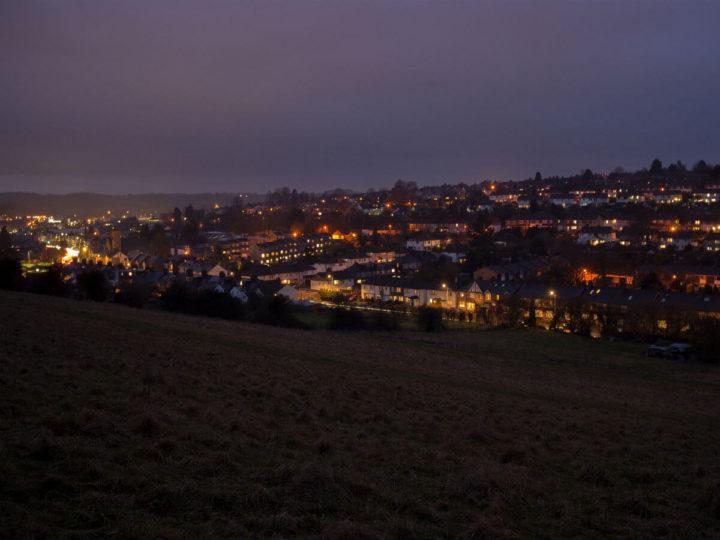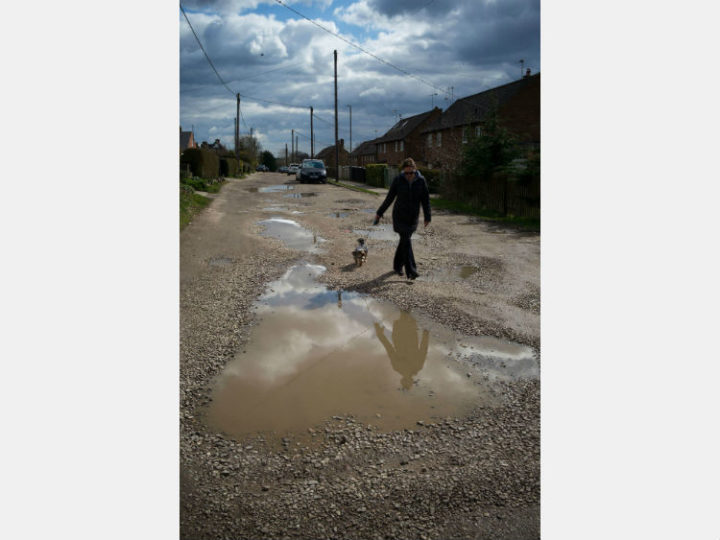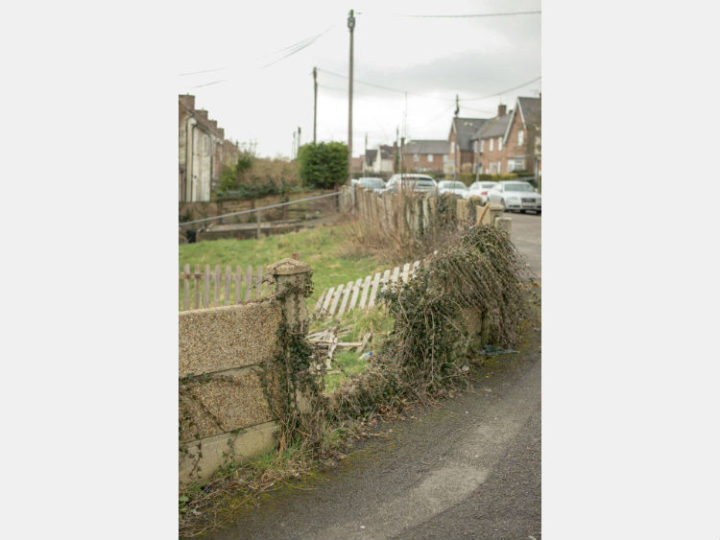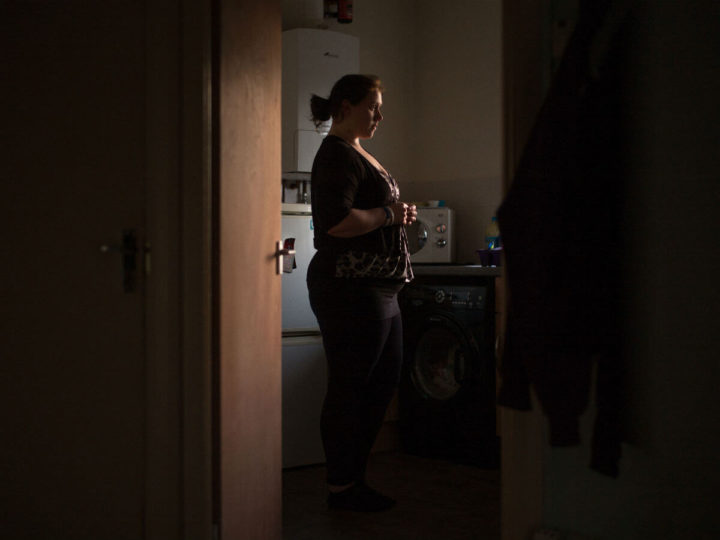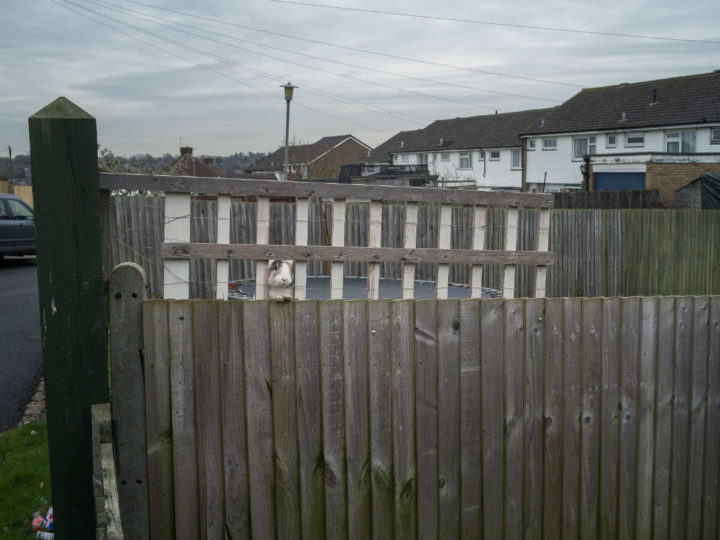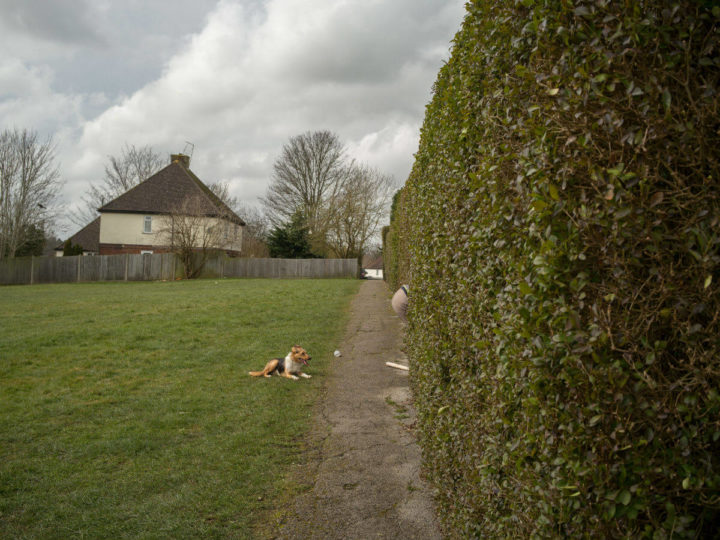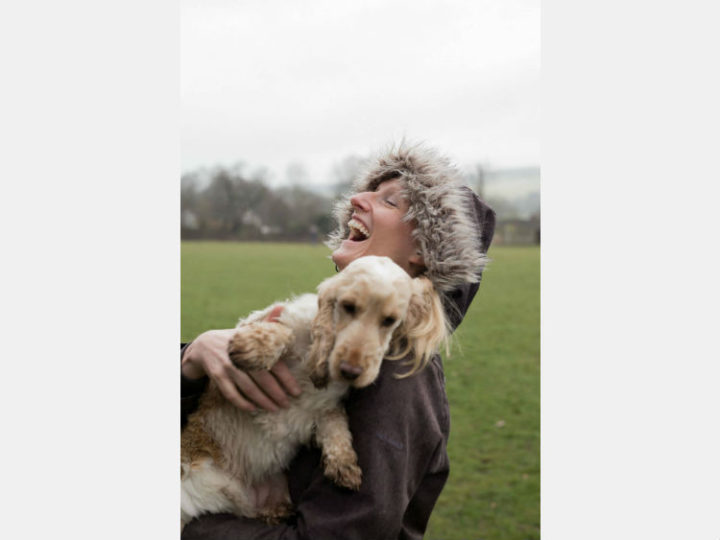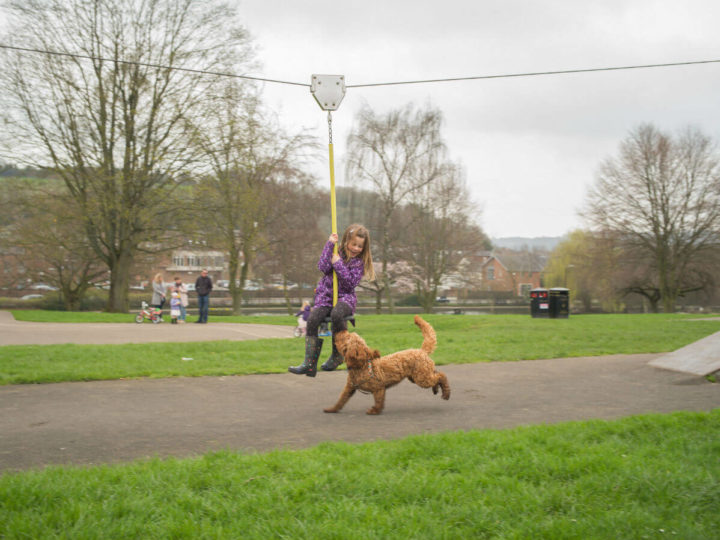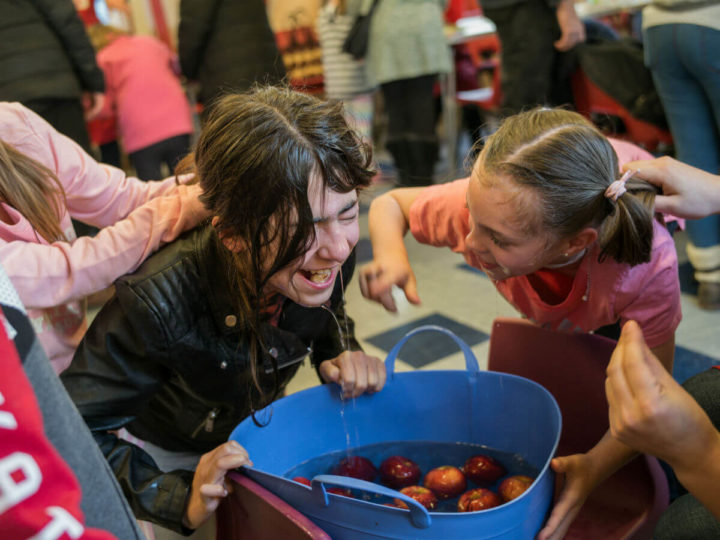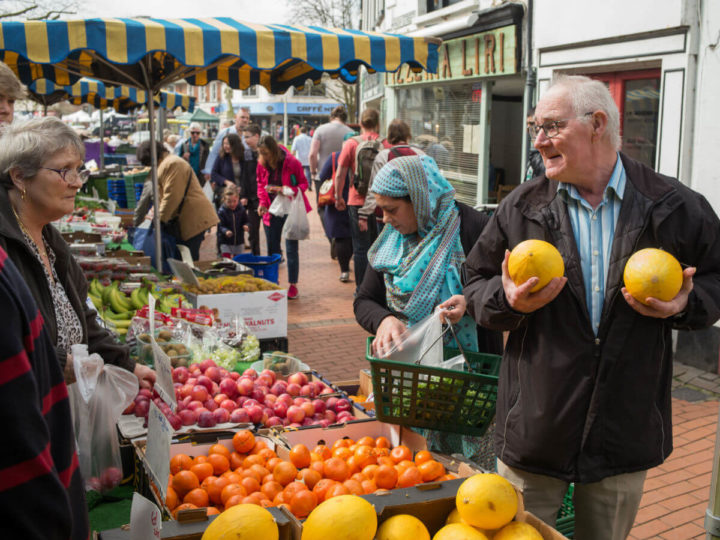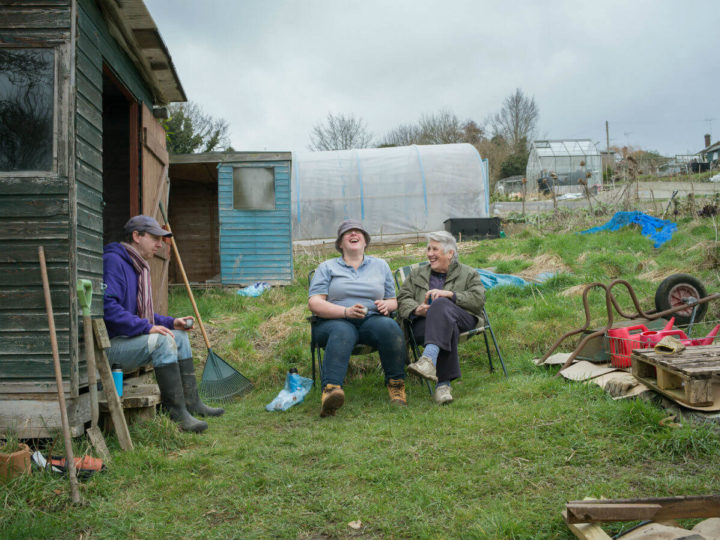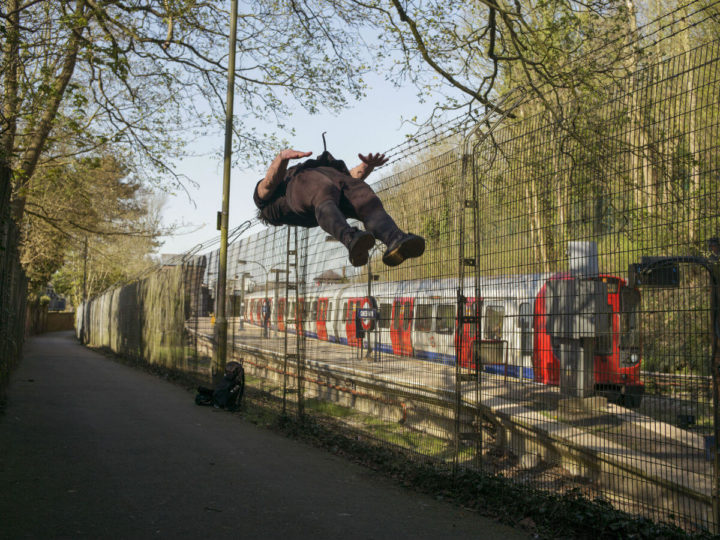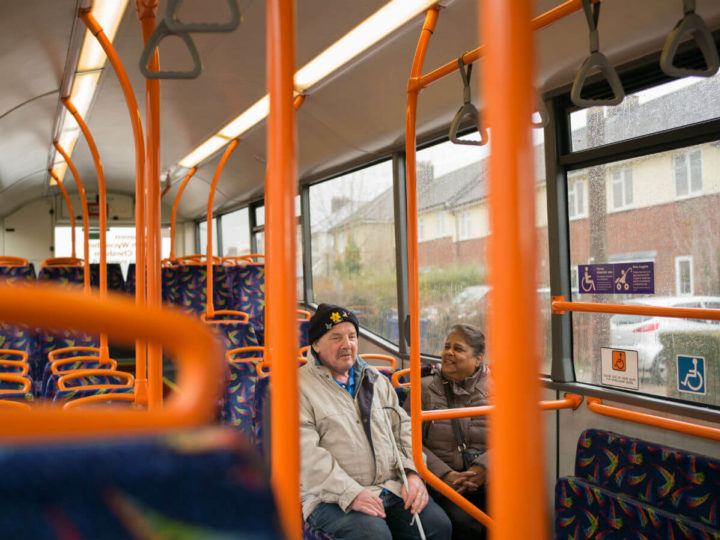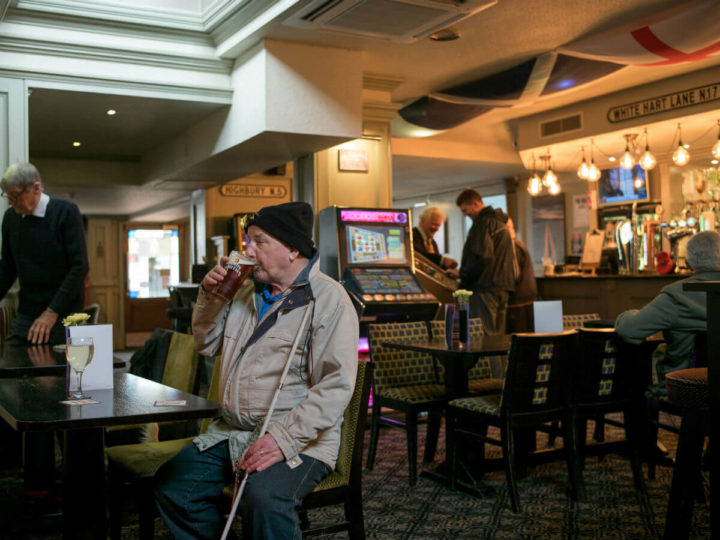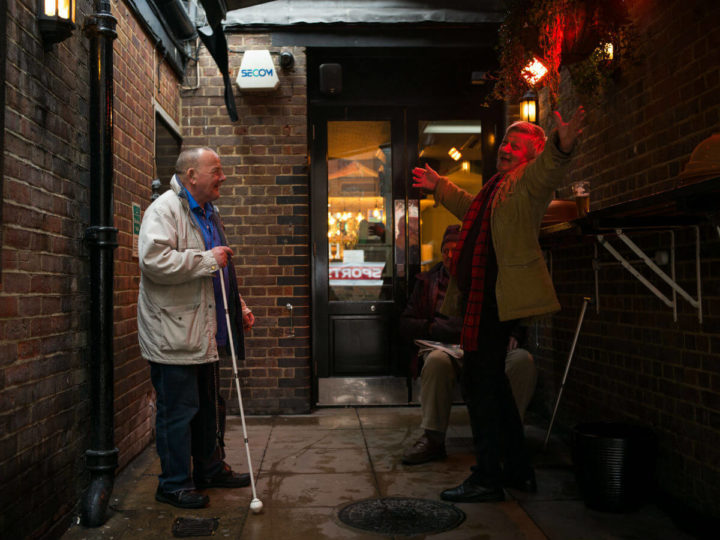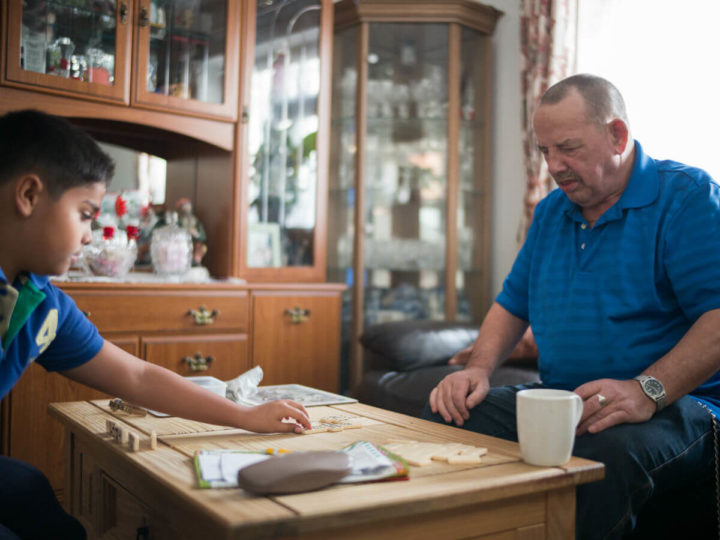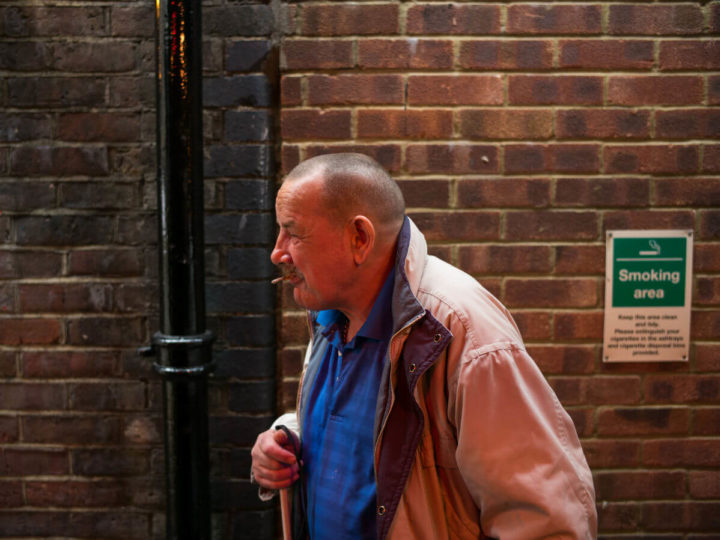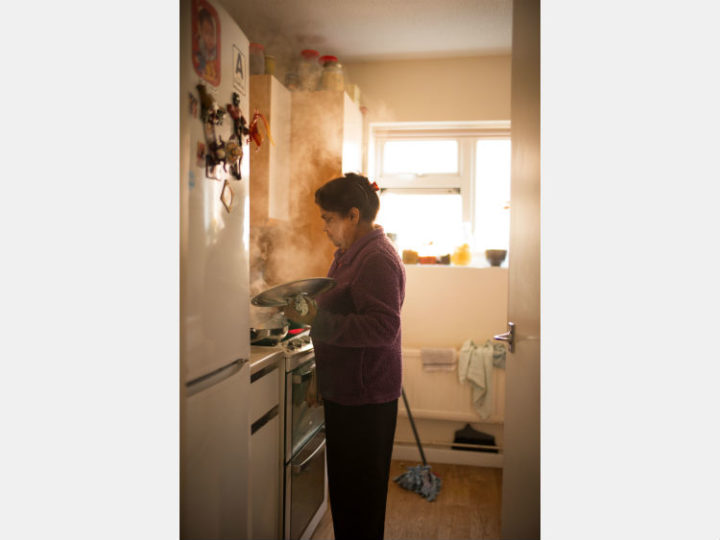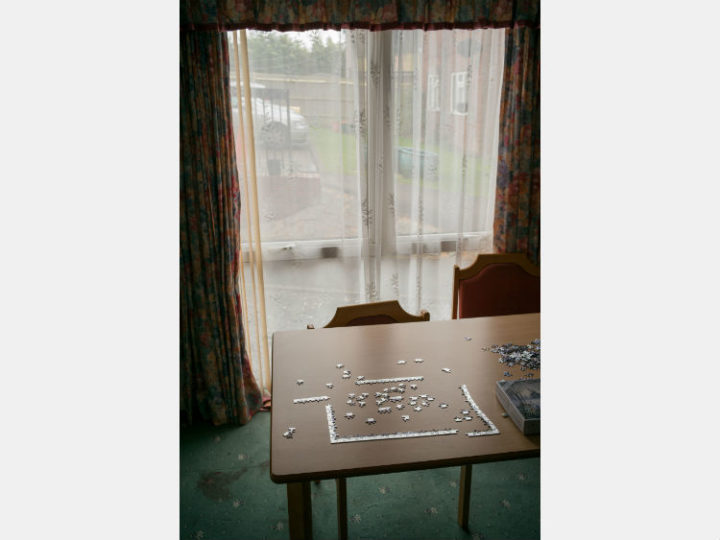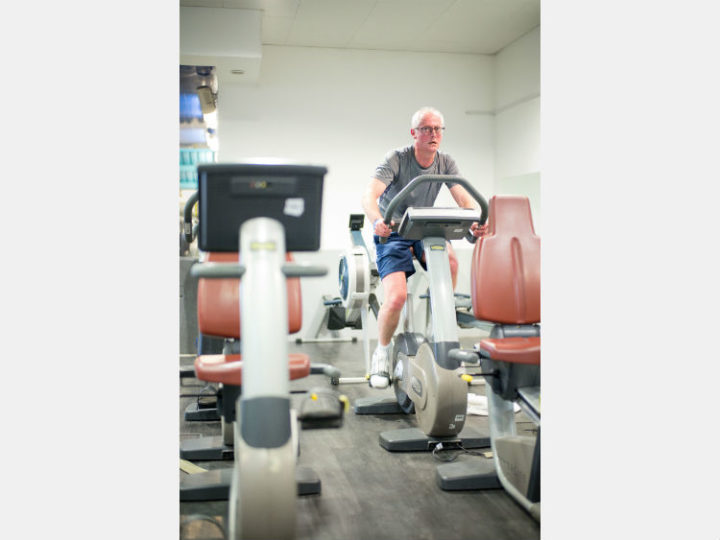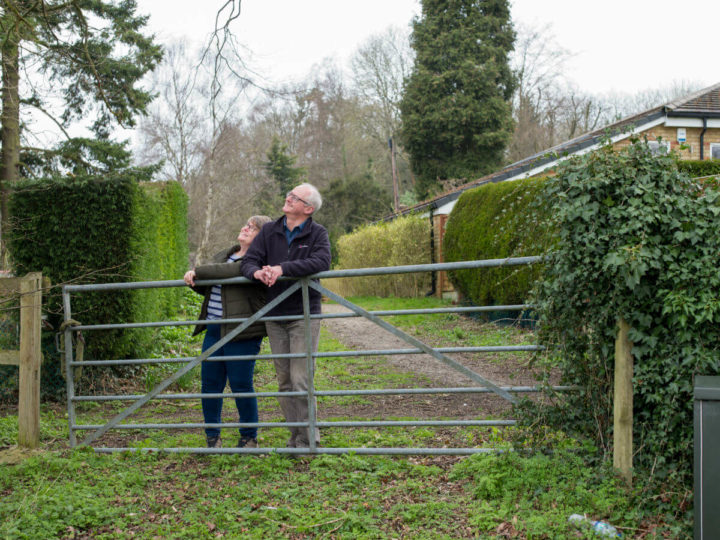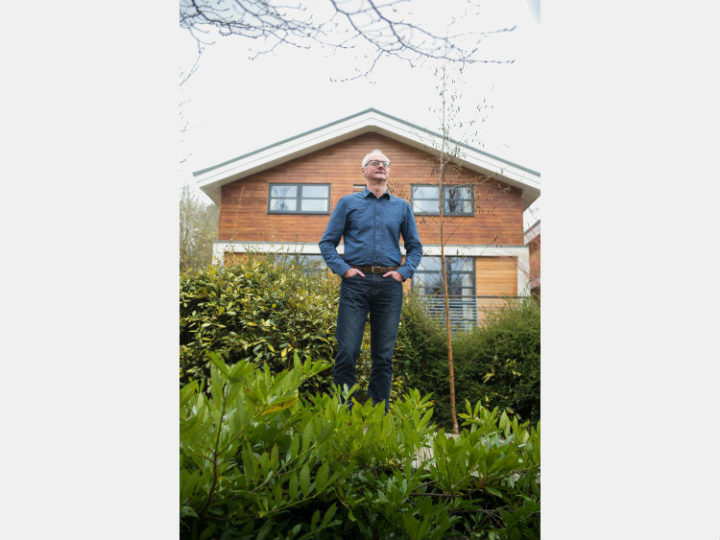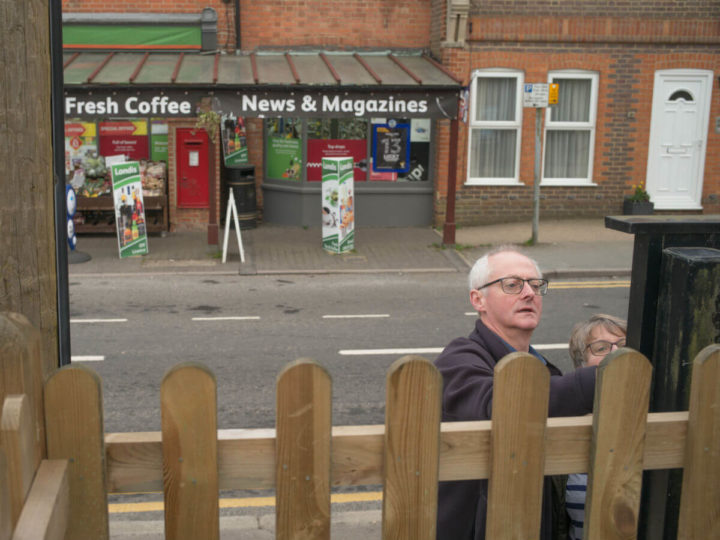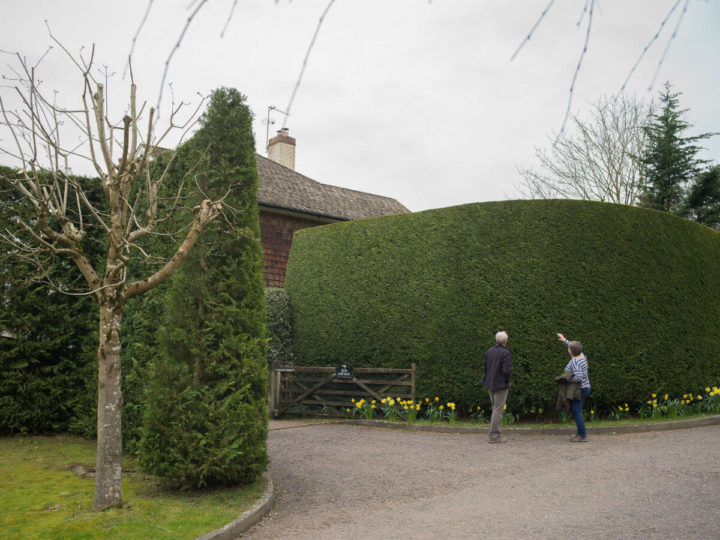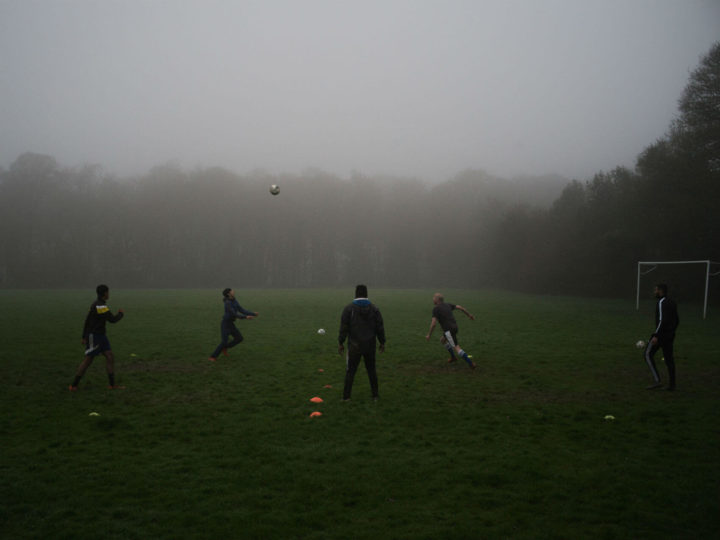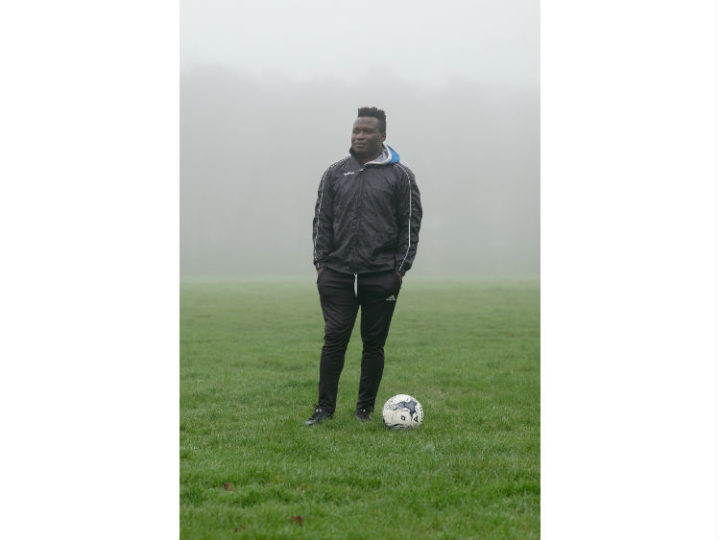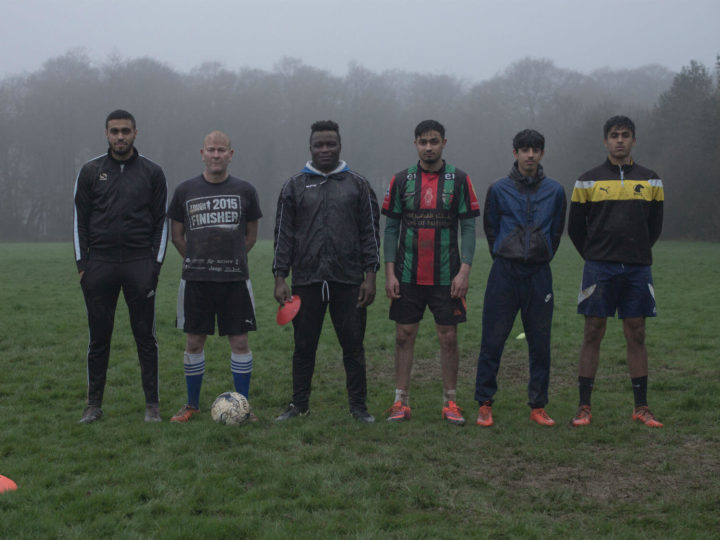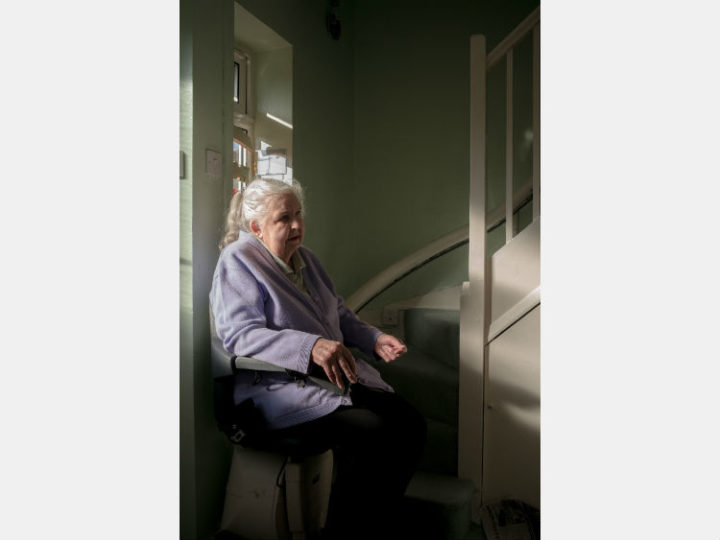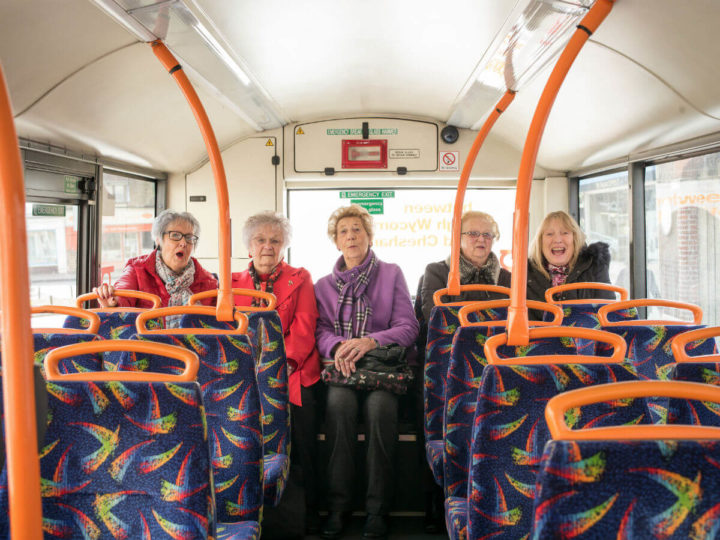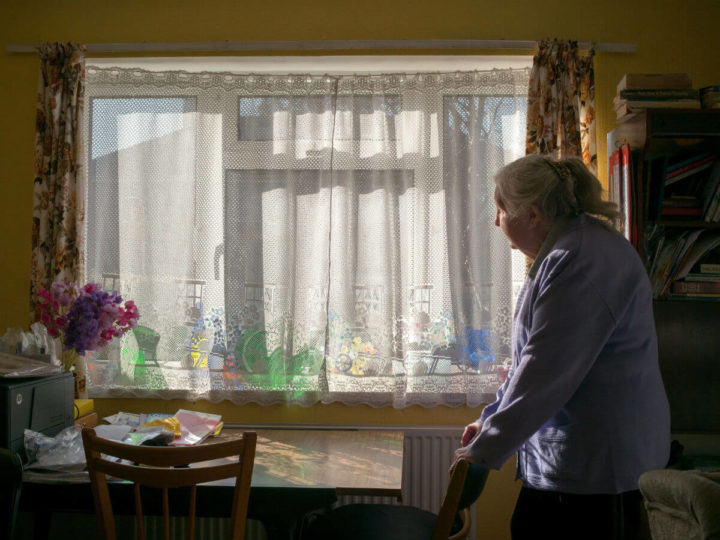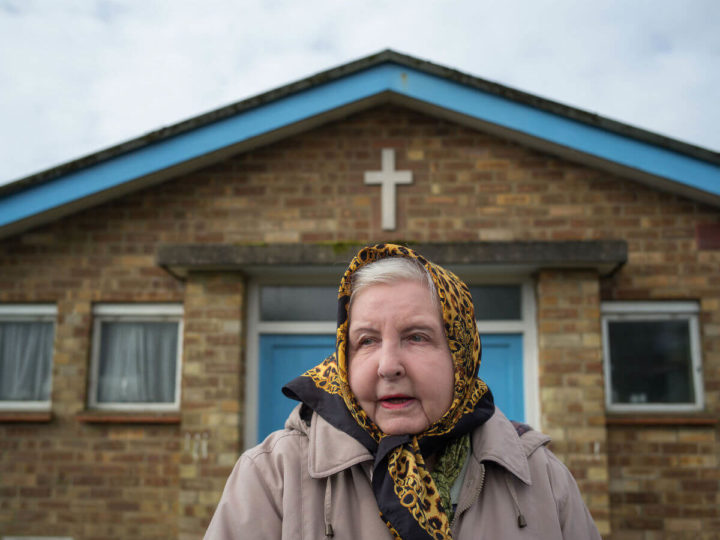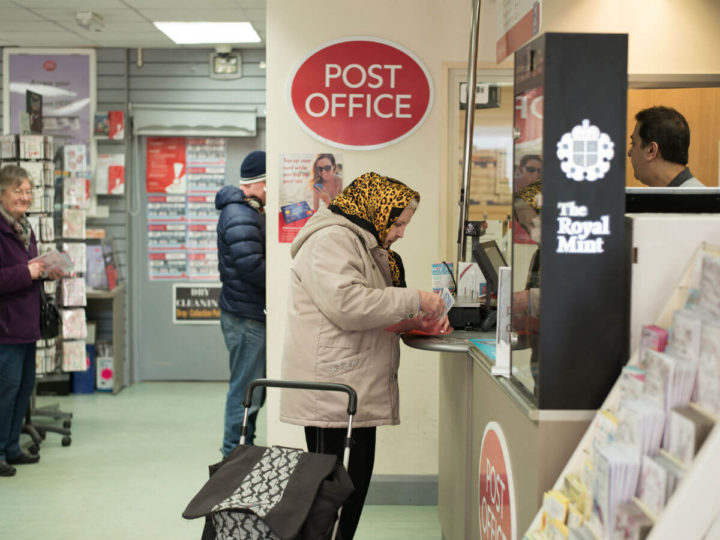The Healthy Lives Photography Commission
In February 2018, photographer Matt Writtle was commissioned by RSPH and The Health Foundation to produce a series of images that would illustrate the social, economic and environmental factors that influence the public’s health, from money and employment to housing and community networks.
The aim of the commission was to build public and political understanding of just how much of what makes us healthy sits outside of healthcare, and the inequality caused by the unequal distribution of these factors. Ultimately, it aims to stimulate debate and action on these issues in order to create health and wellbeing for all.
The resulting series of 40 images, produced by Matt over the course of two months in his home town of Chesham, follows a number of individuals and groups through their daily lives in an attempt to throw these health-influencing factors into relief.
Chesham sits within Chiltern District, which has been ranked as one of the top 10 ‘healthiest places to live’ England, and yet also has pockets of deprivation and significant health inequalities.
The least affluent wards – Vale, Ridgeway, and St Mary’s & Waterside – have a life expectancy nine years lower for men and six years lower for women than the most affluent areas.
For people and society to thrive, they need to have good health; good health is a core part of the infrastructure of a prosperous and flourishing society and economy.
However, the greatest influences on people’s health and wellbeing come from outside of healthcare, and are related to the environments in which they live, work, learn and play. It is estimated that as little as 10% of a population’s health and wellbeing is linked to access to healthcare.
This means that, as individuals, we have less control than we think – the factors that influence our health lie largely outside of individual control. Instead, we need to collectively create the surroundings that create people’s health.
The Healthy Lives Photography Commission emphasises one of these factors especially: families, friends and communities. These networks build the foundations for good health: by allowing people to feel supported, included and valued; through opportunities for social participation that offer a sense of purpose and shared identity; and by empowering people to influence positive change.
67 year old Philip Woolnough moved to Chesham when he was 17 from his home town of Inverness. He worked all his life as a bricklayer. Philip is blind in one eye, partially sighted in the other, and suffers from type 2 diabetes. He smokes 30 cigarettes a day.
76 year old Barbara Buddram lives in the same sheltered accommodation as Philip on Bellingdon Road (Asheridge Vale & Lowndes ward), where they became friends when the housing association told Philip they could no longer allow his dog to live in the building.
Barbara now cooks for Philip most evenings, helps him with his shopping, and has helped him reduce how often he goes to the pub, which used to be a daily event.
She had been worried about people taking financial advantage of his good nature, and about the impact of alcohol and cigarettes on his overall health.
56 year old property developer and consultant Graham Pickering lives in an eco-house in Chesham Bois, Amersham.
Chesham Bois & Wheedon Hill is the least deprived council ward in the district, where life expectancy for a man is eight years higher than the neighbouring ward of St. Mary’s & Waterside, less than a mile away.
As a companion for Age UK, Graham makes a weekly visit to a man in his 80s who lives in St. Mary’s & Waterside. He also serves as a governor at Ivingswood Academy (formerly Little Spring Primary School) in the Vale ward, the running of which was taken over by Chesham Grammar School after it was deemed inadequate by Ofsted and put on special measures.
The ‘At the Edge’ project in Pond Park (an area in Chesham split between the Vale and Ridgeway wards) was created in 2009 in response to high levels of anti-social behaviour, with some parts of Pond Park having become seen as no-go areas after nightfall.
The project, which incorporates Pond Park Rangers FC (16-24 years) and Hiving Stars (7-14 years), was created by former Cameroon international footballer Jean Black Ngody, a resident of the area, in partnership with Hivings Free Church minister Reverend Sam Owoo. The team hold winter training sessions at nearby Chiltern Hills Academy, and spring to autumn sessions in Pond Park at Marston Field.
After three years of the project, anti-social behaviour in the area had dropped by 69%, according to Thames Valley Police figures.
88 year old widow Beryl Catley helps run the Pond Park Over 30’s People’s Group (PPOP In), which gathers every Monday morning at Hivings Free Church in the Ridgeway ward. These get-togethers feature complimentary cakes, biscuits and hot drinks (mostly made by members), as well as a range of guest speakers.
PPOP In gives its older members, many of whom live alone, the opportunity to socialise, form new friendships and be mentally stimulated, all of which has a positive impact on mental and physical health and wellbeing.

